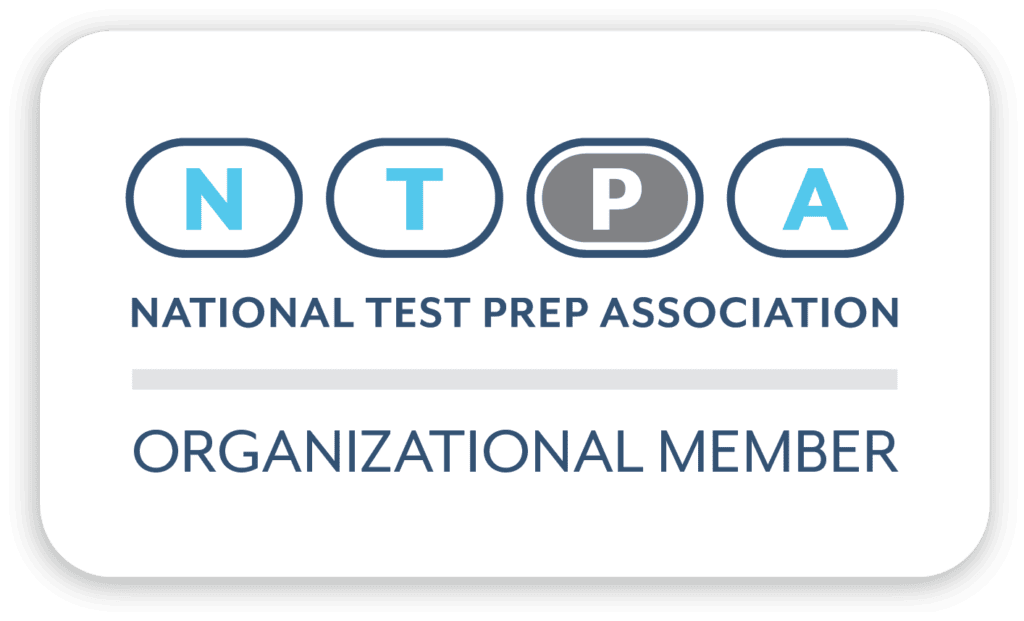Getting Started
Start Early
Don’t wait until the week before finals to start preparing. You will end up with too much work and not enough time. You should begin planning for finals at least two weeks in advance so that you don’t have to cram at the last minute.
Anticipate the Workload
Estimate how long it will take to prepare for each exam. It is better to overestimate than to underestimate. A number of factors will affect your estimates. Be sure to consider these questions:
- Is this a cumulative assessment for the entire year, or just for the last semester?
- Did you struggle on tests or quizzes earlier in the year and therefore you have lots to review in that unit?
- Will the final require lots of memorization?
Make a Calendar
First, create a calendar showing when each test is. Next, block out times during the preceding weeks when you will prepare for each exam. Be ambitious, but also realistic. It is probably not reasonable to plan to study for finals for 6 hours a day, but 3 might be doable. Don’t just block off when you’ll study – block off what you’ll study. Make sure that your allotted study time accommodates your estimate of how long you will need to study for each class.
Gather Materials
Start with the review guide your teacher gives you and all of the tests and quizzes you have saved (you did save those, right?). These are your best study tools. Crowdsourcing is smart, too. Some classes create shared google docs so that everyone can access the same review material. Quizlet has ready-made flashcards for almost anything you can imagine. These are terrific tools, but the person who gains the most from them is the person who actually writes them. Consider writing (or typing) your own review guide or creating hand-made flashcards that you can take with you anywhere.
Color-Code to Prioritize
Not all finals are created equal, and you probably already know which ones will be hardest for you. But it is not enough to simply prioritize the harder classes, we must also identify the difficult content within each class. Many students benefit from a simple color-coding exercise: grab a red marker, a yellow marker, or a green marker and go through your review guide, marking each item green (I do not need to spend much time reviewing this), yellow (I need to review this a bit), or red (I need to review this a lot). This helps you to know what to study first, and hopefully it also reminds you that you already know a lot of what you need to know for Test Day.
Meet with Your Teacher
Your teacher is probably the person who actually writes the final exam AND they know how you have been doing in their class, so who better to talk to about it? Find a time to meet with each teacher and let them know that you are preparing for finals and want to be sure that you are on the right track. Ask them the following questions:
Are there certain units that will be more important than others?
- Is it wise to study from past tests?
- What do you think I personally need to work on most?
- Are there certain study methods that students have found especially helpful in the past?
Studying Effectively
Don’t Go it Alone
You are not the only person preparing for each of your finals, and chances are pretty good that your strengths may be someone else’s weaknesses and vice versa. Identify a few friendly, hardworking classmates who might be good study partners. You will benefit from being accountable to one another, you can practice quizzing each other or explaining challenging concepts, and you can share your study resources.
Use Multi-Sensory Tools
We all learn differently, and most people find that they learn best when they interact with information in multiple formats. Yes, you should read your notes from class and the information in the textbook, but consider watching videos about a topic, listening to podcasts, or using google image search. Additionally, don’t just look at diagrams from class (especially for Science and Math) – redraw them yourself! You’ll create a useful study tool AND improve your understanding and recollection.
Don’t Study Individual Terms, Study Groups of Terms
Imagine trying to memorize every single part of a cell without actually knowing how the parts relate to one another? When you have to memorize a number of vocabulary terms for a particular class, don’t study them as individual words. Instead, create groups of 5-9 terms (if possible) that relate to one another in some way, shape, or form. For example, as you study a cell you might group the terms that relate to cellular reproduction, the terms that relate to cellular respiration, and the terms that relate to nutrient uptake. By grouping terms together, you will find it easier to remember their individual meanings as well as their relationships to one another.
Be the Teacher
If you can teach a concept, then it is more than likely you actually understand the concept. Try teaching a friend, sibling, or parent. Explain to them, with or without notes, what the specific causes of Spanish American War were or how Tectonic Plates interact with one another. Whatever the topic, there is value in saying it out loud, and a good study partner may ask questions that help you to recognize parts of a concept that you need to brush up on.
Do New Problems
Many students wisely prepare for their final exam by reviewing past homework assignments and tests. This is important, but it also means recycling problems you have seen before. If you are studying a certain difficult unit, try some new problems from the textbook. If you have already done the odd-numbered questions, try the evens. If you have already completed the work-sheet, have a friend pick new numbers and try the question again. Re-doing problems from old assignments IS a good idea, but it should not be the only way that you practice.
Use Explanations that Work for You
If you are making a review sheet or flashcards, do not simply write down the textbook, dictionary, or wikipedia definition word for word, especially if you do not fully understand it. Instead, paraphrase in a way that is memorable and understandable. For example, writing that “the US Congress is a bicameral legislature” is not particularly helpful if you do not know what bicameral means. You might write instead “the US congress has two chambers (bicameral): the Senate and the House”.
Test Day
Don’t Hit Snooze
This is one day to be ahead of schedule. Get up extra early so that you can take your time, review while you have breakfast, make sure you have all of your things, and get to school with time to spare.
Snacks Matter
Ideally you have had a big dinner the night before and a healthy breakfast the morning of. Even so, it is smart to have some snacks to get you through the day – you never want to take a final when you are really hungry. Go for (mostly) healthy, energizing snacks like trail mix, fruit, or a protein bar.
Get (and Stay) in the Zone
We all have different ways of building confidence and putting ourselves in the right mindset before a challenging task. If you have lucky socks, wear ‘em. If you feel pumped up when you listed to Beyoncé, bump it. Power pose in front of a mirror, visualize your success, take 5 deep, slow breaths – whatever it takes! You have done the necessary work to prepare for the material on the test; now be sure to take the time to prepare yourself for the experience of taking the test.
These tips should help you to prepare for your finals in a smart and effective manner. If you find that you are struggling, whether it is a particular class, unit, or just the whole process of planning for finals, know that Open Door Education is here to help. Contact us today to learn how our team of expert tutors can help you succeed on your exams.






